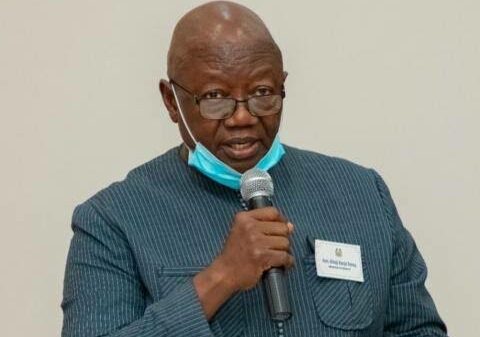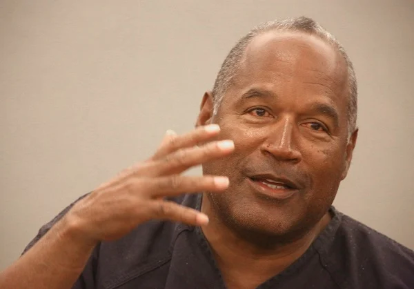Justice Sector Summit: My Perspective By Ahamefula Njoku.
The Attorney General and Minister of Justice, Lateef Fagbemi, learned silk, is proposing a Justice Sector summit for April 24, 2024. One of the proposals is to stop certain cases from getting to the Supreme Court of Nigeria. I am not sure about how wide his level of consultation has been. Whatever the case, I have just seven things to highlight. My other learned friends may take up other areas of the conversation.
The first is that the Nigerian judiciary is faced with more serious problems than stopping certain cases from getting to the Supreme Court. Some foreign jurisdictions are doing so. However, there were good reasons why we adopted this system. We should resist the temptation of swallowing things that happen abroad hook line and sinker without considering our own peculiarities.
The main problems of the Nigerian justice sector, which a serious justice sector reform should address, are the following issues.
The first problem that must be addressed is the mode of recruitment and appointment of magistrates and judges. Currently, there is a public perception that it is neither transparent, competitive nor based on merit. There have been allegations that the method of appointing judges has not been fair or just. Children, relations, and friends of serving and retired justices and politicians appear to be unduly favoured in the recruitment process. This must stop. These incompetent or less qualified people invariably end up at the Supreme Court.
Secondly, there have been scandalous inconsistencies in judgments at the magistrates courts, high courts, and appeal courts. The recent notorious case of Plateau state House of Assembly in the court of appeal as against the judgment of the supreme court in the governor’s case brings this problem to the fore. Everyone can see the grave injustice that these assembly men suffered because their cases ended at the court of appeal.
Twenty to thirty years ago, judgments of the high courts and courts of appeal were very consistent and were hardly appealed against to the Supreme Court. Why are litigants and their lawyers nolonger confident with judgments of the lower benches? This is what a justice sector reform should address.
Thirdly, there is a public perception of corruption in magistrate courts, high courts and courts of appeal, and the entire judicial system. Once people have this type of perception, they would likely take their cases to the Supreme Court.
Fourth, often, when we talk about justice sector reform, we tend to focus only on the remuneration of magistrates, judges, and judicial workers. What have we ever done about the remuneration of young lawyers, whether in the government establishment, in chambers, or in the private sector? They constitute the foundation of the profession. A justice sector reform would be incomplete if it does not address the remuneration and welfare of young lawyers in public and private employment. Medical doctors have a benchmark for their young doctors, whether they are in private or public employment, and this even starts with an entrenched culture of payment of consultation fees.
Fifth, what effective systems are in place to discipline judges who brazenly violate their oath of office in handling cases brought before them? A robust, swift and transparent system would serve as a deterrent to erring judges.
Sixth, what are we doing to ensure that modern prisons are built, existing prisons are renovated and secure to avoid jail breaks, which are rampant these days? How reformative is our prison system?
Finally, there are growing public perception of the courts handing down judgment on cases based on law or technicalities and not justice. In the days of Justice Chukwudifu Oputa, kayode Eso, Augustine Nnamani, Mohammed Bello, Karibi Whyte, etc, judges of the lower courts were afraid of handing down judgments that did not meet the requirement of the law and justice because the supreme court would reprimand them almost to the point of shaming them.
It is the strong suspicion of bias in judgment of the lower courts in Nigeria that propel litigants to head to the supreme court.
Once these core issues of wrong appointments, incompetence, and corruption at the lower benches are resolved, naturally fewer cases will find their way to the supreme court. I think it was Lord Denning who once said, ‘Justice is denied, when right-minded people go away saying, ”The judge was biased.”’
Therefore, the core of a justice sector reform should be to empower the justice system in such a manner that citizens and litigants are confident that once they approach the court, they will get justice. We should learn to address fundamental issues and stop being cosmetic.
▪️Njoku, a lawyer and a former columnist of The Guardian Newspaper, is the author of the book, “The History of the Legal Profession in Nigeria.”
















































